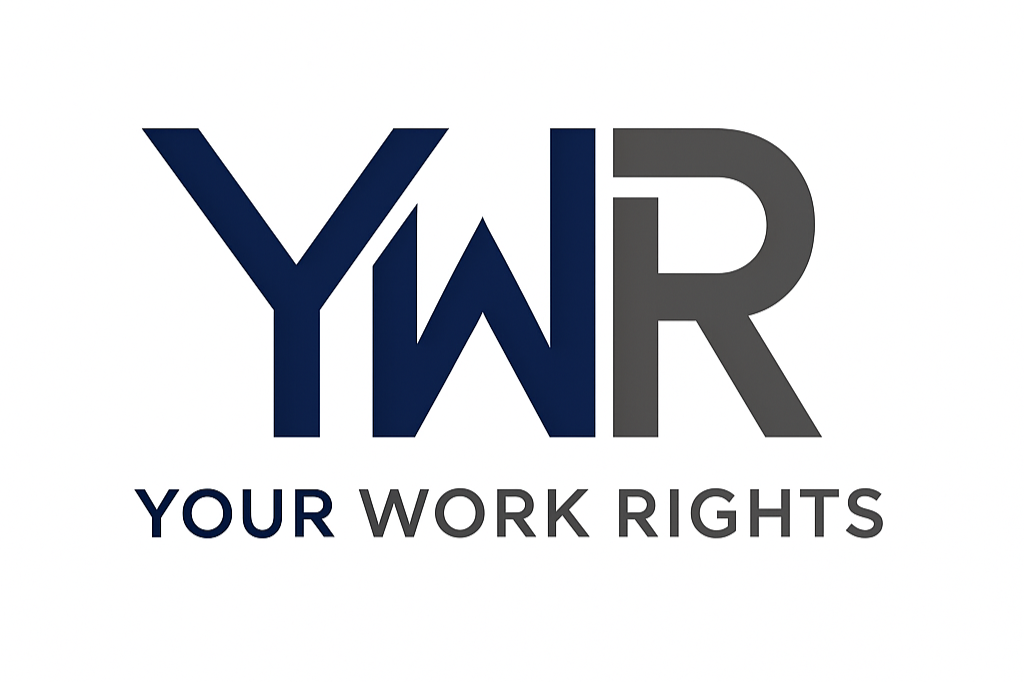Understanding Your Contract, Pay & Wages
Your relationship with your employer is governed by your contract of employment. Understanding its terms, and your rights regarding pay, is fundamental to being treated fairly at work.
Your Employment Contract
A contract of employment begins the moment a job offer is accepted. While it can be verbal, you have a legal right to receive a "written statement of initial employment particulars" on or before your first day of work. This is a critical document that must include key details such as:
Your name and the employer's name.
Your start date.
Your job title and a brief description of the work.
Your pay (how much and how often).
Your hours and days of work.
Your holiday entitlement.
Your place of work.
Details of any probationary period.
Strategic Tip: If you haven't received this document, ask HR for it in writing. It is your legal right, and having it provides a clear, written foundation for your employment terms.
Your Right to be Paid Fairly
You have a legal right to be paid for the work you do, and this pay must meet a national minimum standard.
The National Living Wage & Minimum Wage (Rates from April 2025): The legal minimum you can be paid is set by the government and changes each year.
21 and over (National Living Wage): £12.21 per hour
18 to 20: £9.25 per hour
Under 18: £6.80 per hour
Apprentice Rate: £6.80 per hour
Unlawful Deductions from Wages: Your employer cannot take money from your pay packet unless:
It is required by UK law (e.g., National Insurance or income tax).
It is explicitly allowed for in your contract of employment (e.g., for a season ticket loan).
You have given your prior written consent for the specific deduction.
If you believe money has been taken from your pay unlawfully, you may be able to make a claim to an Employment Tribunal.
Take Action: [The Employment Tribunal Preparation Toolkit]
